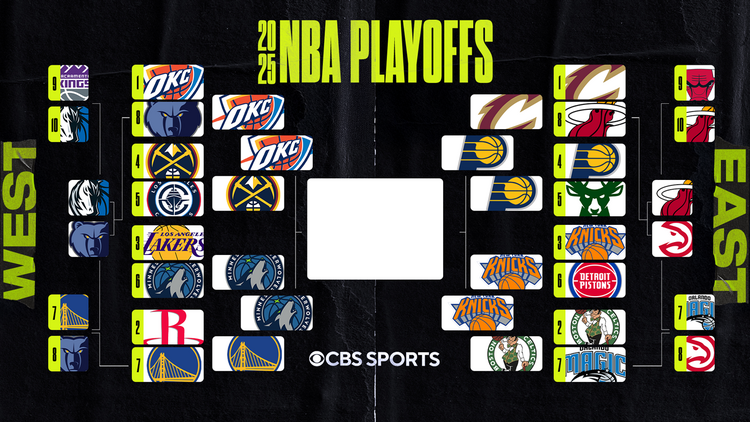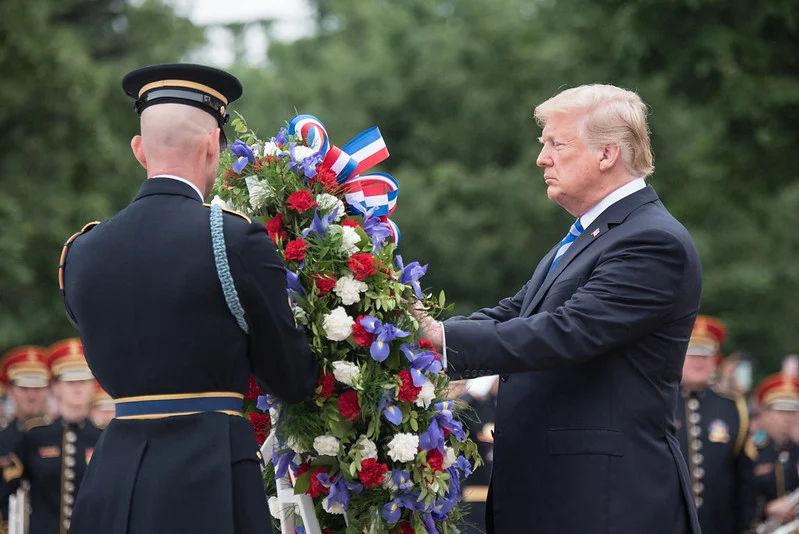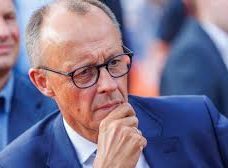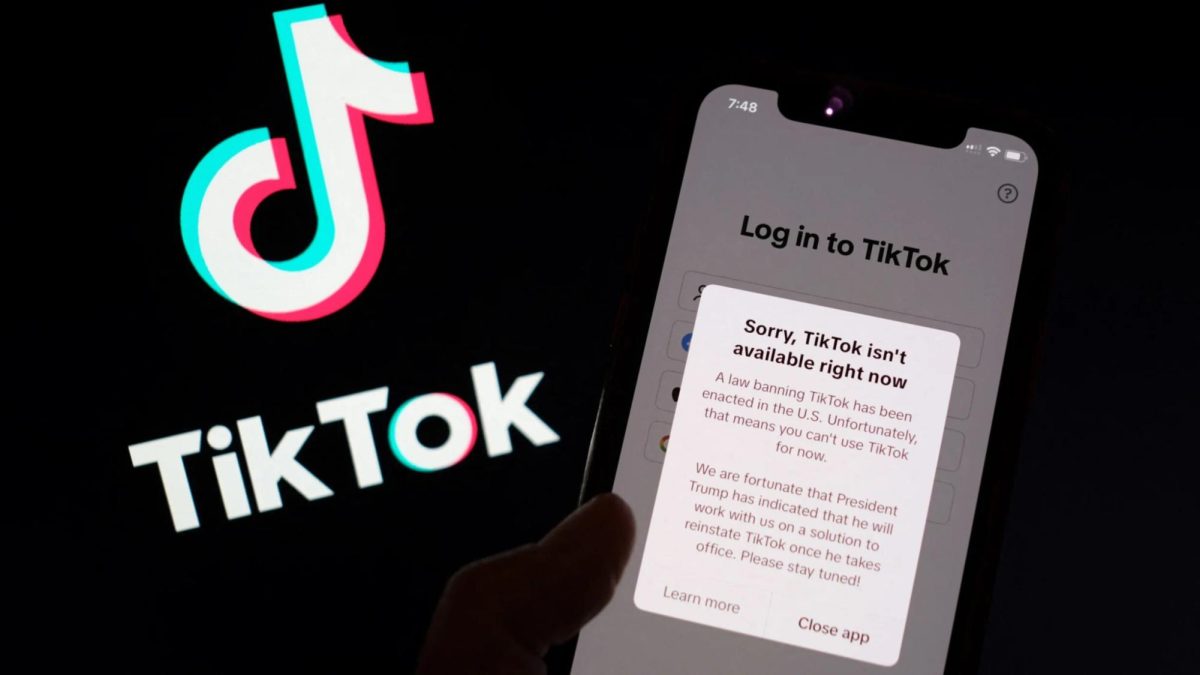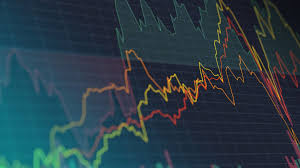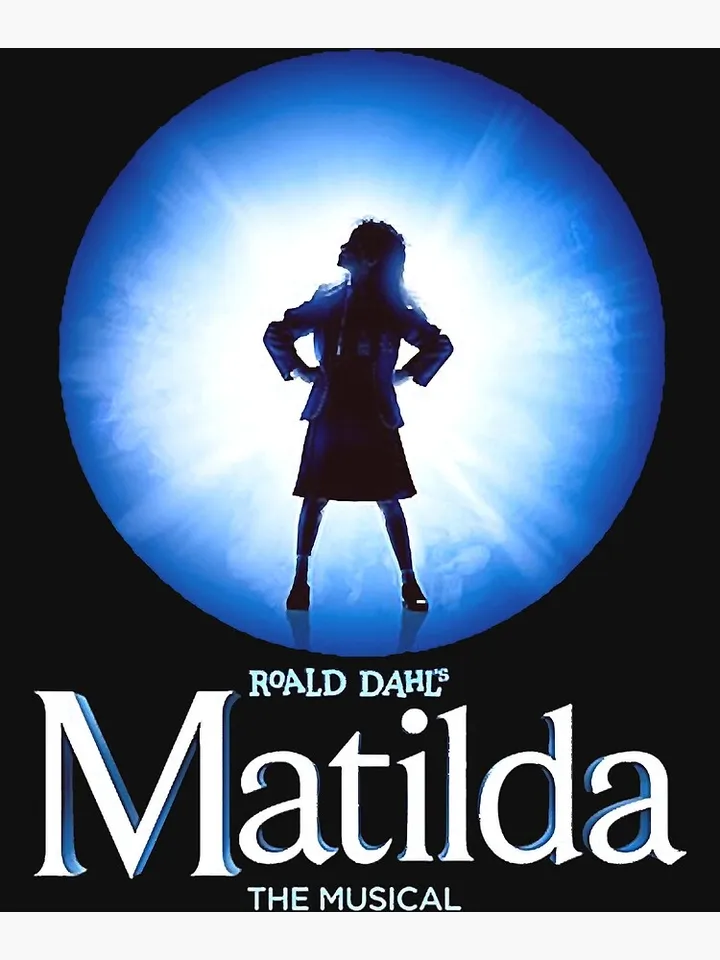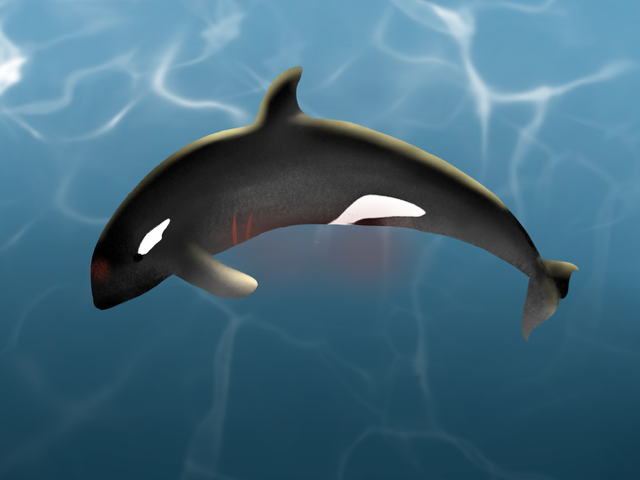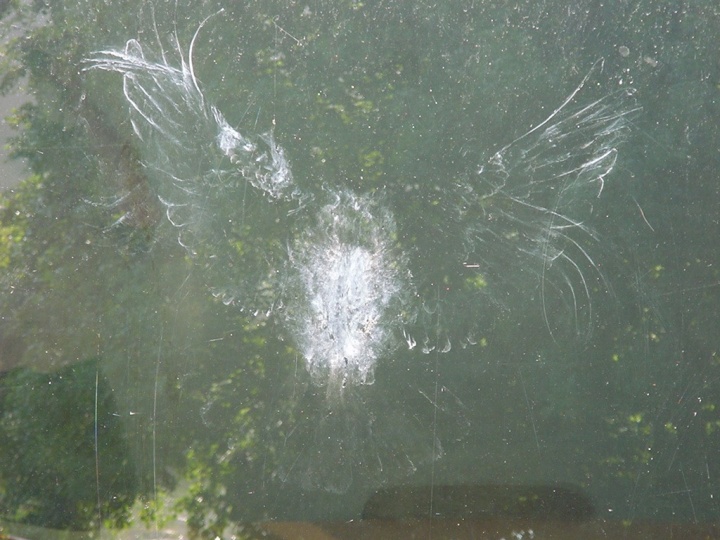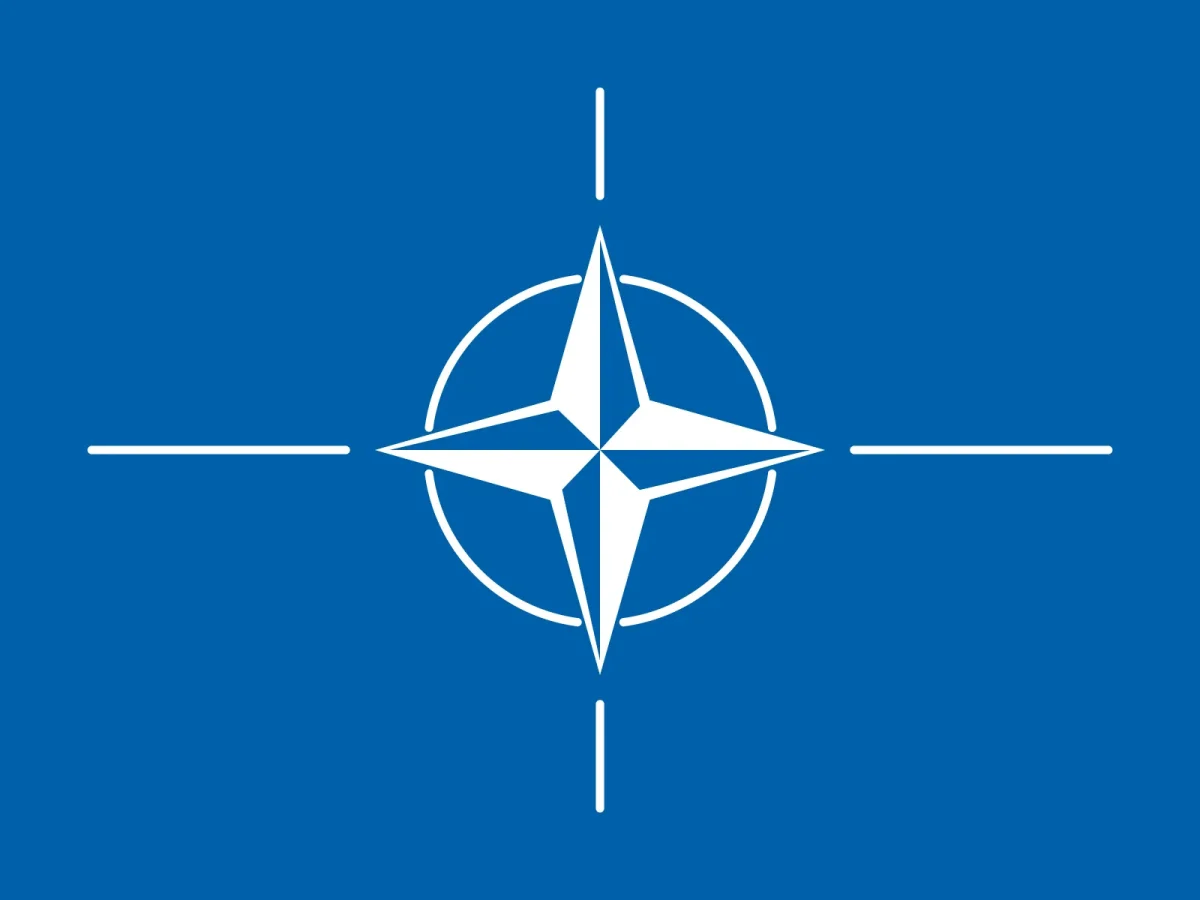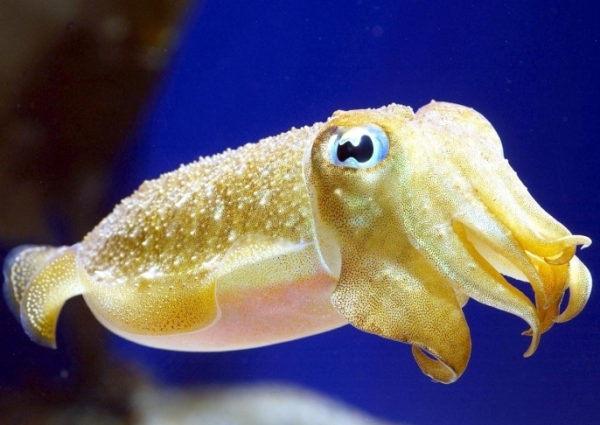War Begins
The people of Donbas had been staving off Russian advances and skirmishes since the first annexation of Crimea. The full-on assault that Putin launched on February 24, however, was a new level. Rockets slammed into buildings, leaving piles of rubble in their wake. Miles away, in the north of Ukraine, a Russian offensive was launched with the goal of capturing the capital of Kyiv as fast as humanly possible. Putin enlisted the mercenary Wagner Group for help on the ground. Ukrainian forces under president Volodymyr Zelensky (a former actor and comedian who voiced the Ukrainian-language version of Red in Angry Birds) scrambled to mount a defense of their homeland. The future of Ukraine, and all of Eastern Europe, was uncertain.
NATO Rears its Head
Let’s put a hold on the chaos in Ukraine and take a look at a different side of this battle. Though Russia’s newfound expansionism most directly affects the countries it shares a border with, there are other bastions of opposition. A lot of them. Russia’s communist-leaning ideologies place it in a solid minority of world powers, and a hefty number of countries have made keeping Russia down a top priority. These like minded free-market capitalists band together to form one of the most significant global alliances of the 21st century: the North Atlantic Treaty Organization.
The most notable member of NATO is the United States of America. The reason for this distinction is simple: the US spends more on their military than all other members, combined. In addition, the US is a major geopolitical rival of Russia, stemming back from the days of the Cold War. So one would think that, as its rival launches a large-scale, unprovoked invasion of an innocent nation, the United States would take this opportunity to come to blows and reassert its global dominance once and for all. One would be sorely mistaken.
The Old-Fashioned Appeasement Tactic
When Hitler began expanding and consolidating his power in the late 1930s, the rest of Europe was war-weary. Prime Minister Neville Chamberlain of the United Kingdom wanted nothing less than another world war. So when Hitler annexed Austria, Chamberlain just… let him take it. Czechoslovakia went next, with little more than a tsk-tsk from the Allies. It was only when the Nazis moved into Poland that Chamberlain was kicked out of power and Europe went to war. This strategy of turning a blind eye towards territorial aggression in the name of wider peace is known as appeasement, and it is rarely a good idea. However, America today is looking more and more like the UK of the 1930s. People are tired of being involved in engagements that some feel we should never have gotten involved in; Vietnam, Iraq, and Afghanistan come to mind. US involvement in these conflicts has come to be hotly debated, and there are many who believe that military action was far too costly a maneuver. This has made the administration rightly hesitant in sending troops to a new battleground. However, public unease isn’t the full story behind our lack of engagement.
Mutually Assured Destruction
The simple fact is, NATO cannot afford to spark an all-out war with Russia. Because of certain articles within the NATO agreement, all member countries must respond if one is attacked. That means that either all or none of the NATO member states can be embroiled in a fight with Russia. Let’s look at two problems with this:
- The United States has enough nuclear firepower to put the world at the brink of extinction. As does Russia. If these two heavyweights fought openly, with no buffer between them, the risk of nuclear annihilation is too great. This is Mutually Assured Destruction, or MAD, and it was the only thing keeping the Cold War cold. Both sides were far too terrified of each other’s destructive capabilities to engage outright.
- Oil. Russia’s eastern regions are rich in natural gas and fossil fuels, something that Europe can’t get enough of. Prior to the invasion of Ukraine in 2021, the International Energy Agency reported that the EU was receiving up to 3.4 million barrels of oil products per day. In particular, Germany is heavily dependent on Russian oil, importing as much as 836,000 barrels per day. They are in no hurry to give this up.
However, Russia does not necessarily feel the same. The growth of NATO into the Baltic states and Finland has Putin on edge, and he believes that action needs to be taken before Russia is overwhelmed. He said in an address to the nation, “The course of events and the incoming information show that Russia’s clash with these forces is inevitable. It is only a matter of time: they are getting ready, they are waiting for the right time … We have been left no other option to protect Russia and our people”.
So What Are We Doing?
While NATO’s direct involvement in the war isn’t feasible, it doesn’t mean that they will sit idly by. NATO’s Comprehensive Assistance Package organizes training and funding for Ukrainian forces. The US has sent billions of dollars in military aid to Ukraine; not as huge as it may seem in the context of the US military budget, but still a very large amount of money. Indeed, hostilities between Russia and NATO are largely economic in nature. Though not quite willing to sever the lifeline of Russian oil, severe sanctions have been placed on those imports. While rough on the European nations imposing them, these sanctions are worse by far for Russia, slowing down their production of weapons and machines of war. In conclusion, this is a war waged not only on the ground in Ukraine, but also indirectly, through a careful dance of hostility ostensibly disguised as appeasement. NATO is doing its part to help Ukraine; it just has to do it behind the scenes.
Works Cited
“NATO’s Response to Russia’s Invasion of Ukraine.” North Atlantic Treaty Organization, www.nato.int/cps/en/natohq/topics_192648.htm. Accessed 3 Oct. 2024.
Ray, Michael. “Russia-Ukraine War.” Encyclopaedia Britannica, 8 Nov. 2024, www.britannica.com/event/2022-Russian-invasion-of-Ukraine.
Reuters. “How much oil does the European Union import from Russia?” Reuters, 31 May 2022, www.reuters.com/world/europe/how-much-oil-does-european-union-import-russia-2022-04-06/.
“‘War on Terrorism.'” Global Policy Forum Archive, Global Policy Forum, 2005-2021, archive.globalpolicy.org/war-on-terrorism.html.
Al Jazeera Staff. “‘No other option’: Excerpts of Putin’s speech declaring war.” Al Jazeera, 24 Feb. 2022, www.aljazeera.com/news/2022/2/24/putins-speech-declaring-war-on-ukraine-translated-excerpts.
